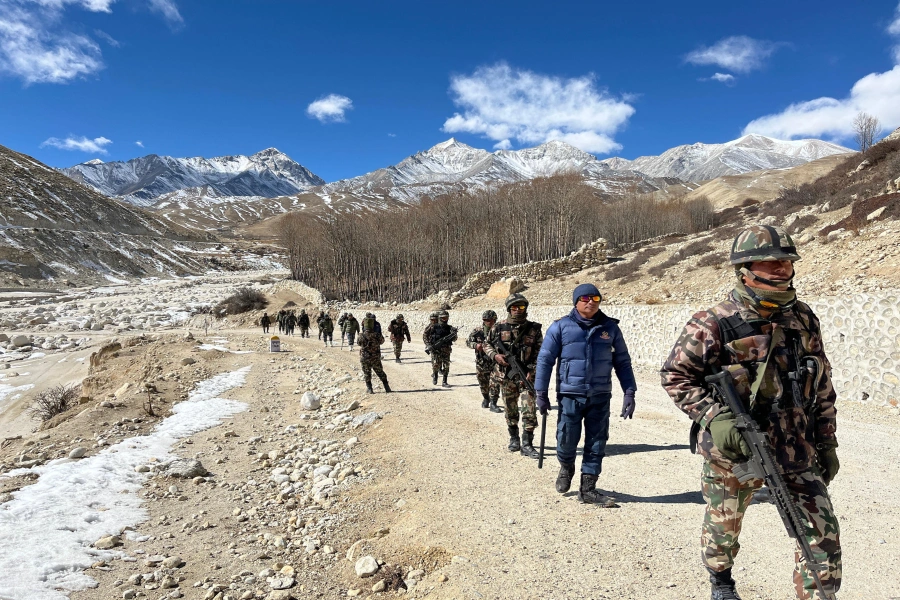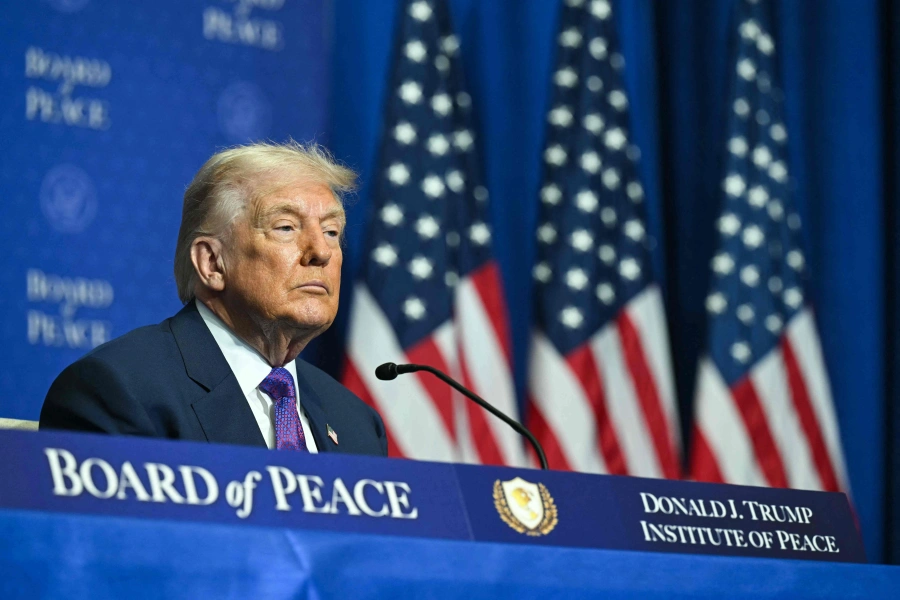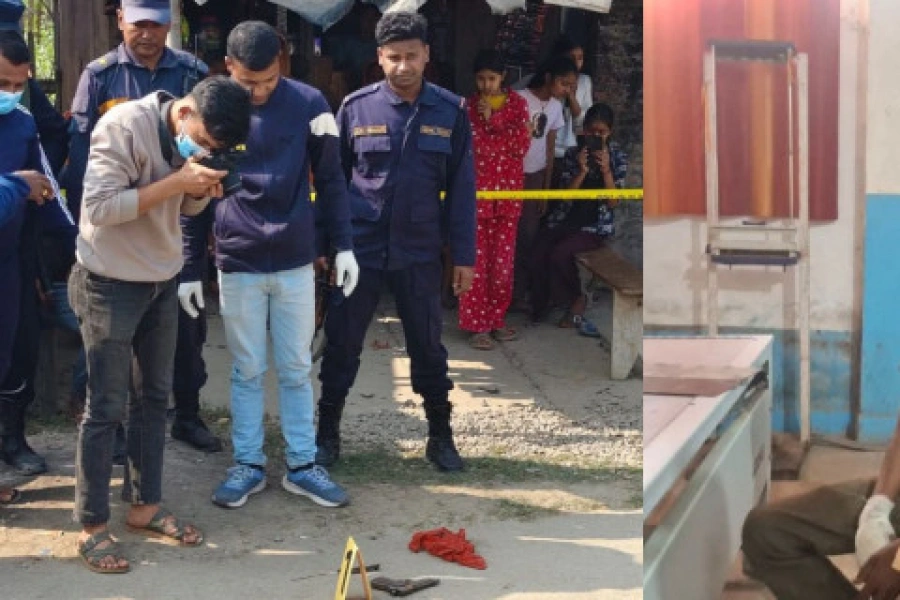KATHMANDU, July 2: While the burden of public debt is rising, the main opposition party, the Nepali Congress (NC), has said that loans will not be accepted for projects under the international program of China's Belt and Road Initiative (BRI).
This opinion came from the NC office-bearers meeting held on Monday, at a time when Nepal’s public debt has reached 42.08 of the country's Gross Domestic Product (GDP).
The government has taken a loan of Rs 307 billion by mid-June (first 11 months of the current fiscal year 2023/24). At a time when the government's public debt has reached over Rs 2.43 trillion, the NC stands against taking any loan from the BRI. Nepal’s public debt has increased by Rs 100.99 billion in the current year. The government’s public debt was only Rs 229.9 billion by mid-June of the last fiscal year.
Dr Prakash Sharan Mahat, former Minister of Finance and spokesperson of the NC said that the party is against taking loans for the BRI projects due to the rising burden of public debt.
Dr Mahat said that the NC stands against any BRI loan as the country is taking expensive loans while it is not able to access concessional loans, which has led to a debt burden on the country. “The NC believes that if China provides grants under the BRI, we should accept that,” he said.
MCC, BRI and The Game Theory: Nepal’s Quest for Equilibrium

Loans with high interest rates should not be taken, neither under BRI nor from other donor agencies, he added.
Out of the total public debt, the government has to pay an internal loan amounting Rs 1192.48 billion and an external loan of Rs 1207.86 billion. According to the Public Debt Management Office (PDMO), about 50.32 percent of total public debt is external loans and 49.68 percent is internal loans. Similarly, about 44.62 percent of the external loans are from multilateral agencies and 5.70 percent from bilateral agencies.
The PDMO said that about 17.19 percent of the total public debt has been collected through Treasury bills, 31.87 percent through development bonds, 0.45 percent through saving certificates, 0.01 percent through foreign employment bonds and 0.16 percent through IMF credit instruments.
The government has collected Rs 307.67 billion of public debt by mid-June against the annual target of Rs 452 billion in the current financial year by mid-June. While the internal debt is Rs 225 billion, the external debt is Rs 82.67 billion. The government has been paying back the loans which were taken under financial management. As the revenue collection is low, the government considers debt as a financial source while preparing the national budget of the country.
During this period, the government has paid back a total of Rs 271.19 billion which includes a principal of Rs 197.32 billion and interest of Rs 73.86 billion. Out of the debt, a total internal debt of Rs 227.2 billion and an external debt of Rs 43.99 billion have been paid.
The principal interest payment obligation of the public debt of the government has been on the rise. China's BRI projects have faced criticism due to their expensive interest rates compared to loans from other donor agencies. The interest rate of the loan obtained from the Export-Import Bank of China (Eximbank) for 40 years to construct Pokhara Regional International Airport (PRIA) carries 2.75 percent per annum. This rate of loan is higher than other donor agencies, including the Asian Development Bank (ADB) and the World Bank.
Even though China has signed an agreement to build PRIA without BRI agreement, China has been trying to forcibly connect PRIA to the BRI projects. In 2014, the Civil Aviation Authority of Nepal (CAAN) signed an agreement with the Chinese CAMC Engineering Co. Ltd to construct the PRIA after China's Eximbank was ready to provide loans at low interest rates.
Even though it was started in 2017, China tried to connect the old project with the BRI, NC has now taken the stand of accepting grants and rejecting loans. China had invested nearly Rs 22 billion to build the PRIA.
After Nepal passed the Millennium Challenge Corporation (MCC) project of America, China has been trying to connect the airport project to BRI in order to assert its political influence on Nepal.
The construction of PRIA was started under a concessional loan from China’s EXIM Bank before Nepal signed the BRI agreement Foreign relations experts have been stating that China is trying to connect PRIA with the BRI to strengthen its influence in Nepal.






































